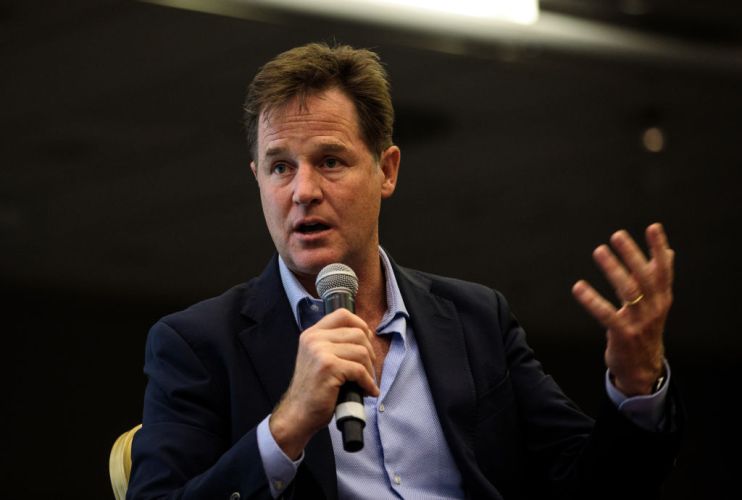Nick Clegg defends Facebook algorithms as platform revamps news feed

Sir Nick Clegg has launched an impassioned defence of Facebook’s algorithms, insisting the platform had empowered people and denying it was responsible for increased polarisation.
The former deputy prime minister, who is now Facebook’s vice president of global affairs, said people needed to “make their peace” with algorithms and acknowledge they were “here to stay”.
In a lengthy blog post, Clegg defended the company’s use of technology to serve up content and ads to users, arguing data-driven services had “empowered people on an unprecedented scale”.
He argued that algorithms had helped to democratise speech and promote small businesses, while also defending the advantages of personalised advertising for users.
Facebook and rivals such as Google and Twitter have come under fire for their algorithms, which critics say help to spread extreme content and misinformation, as well as creating so-called filter bubbles that bombard users with similar material.
Boss Mark Zuckerberg was among the Big Tech bosses to face a grilling in front of Congress last week over how their failure to clamp down on misinformation and extremism.
But Clegg, who joined the Silicon Valley tech giant in 2018, denied that social media was responsible for increased polarisation and argued people should take individual responsibility.
“In many respects, it would be easier to blame everything on algorithms, but there are deeper and more complex societal forces at play,” he said.
“We need to look at ourselves in the mirror, and not wrap ourselves in the false comfort that we have simply been manipulated by machines all along.”
He also accused the company’s critics of wanting to “turn the clock back to some false sepia-tinted yesteryear” before social media.
News feed shake-up
Nevertheless, Clegg admitted that there was a lack of transparency over how algorithms operate and acknowledged users should have more control over what content was shown to them.
As a result, Facebook said it was rolling out a string of changes to its news feed to give users greater power over what they viewed on the platform.
From today, users can override the site’s ranking algorithm and switch instead to a chronological system that displays the most recent posts first.
In addition, all users will be able to control who can comment on their public posts — a feature that mirrors the one rolled out by Twitter last year.
The platform will also expand its ‘Why am I seeing this?’ feature, allowing people to see more context about why certain posts have appeared on their news feed.
In the blog post Clegg said further transparency measures would be rolled out this year, including more information on how the distribution of “problematic content” is reduced.